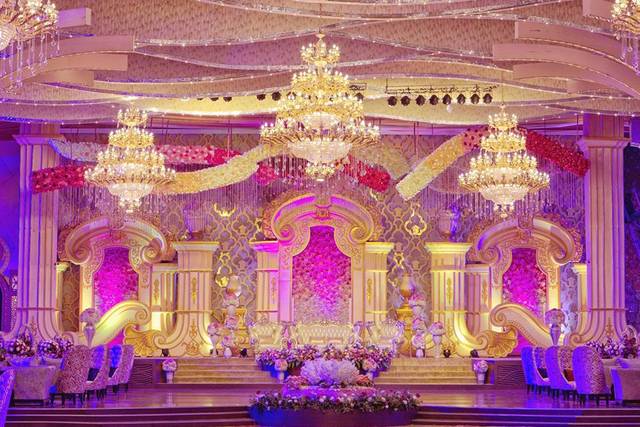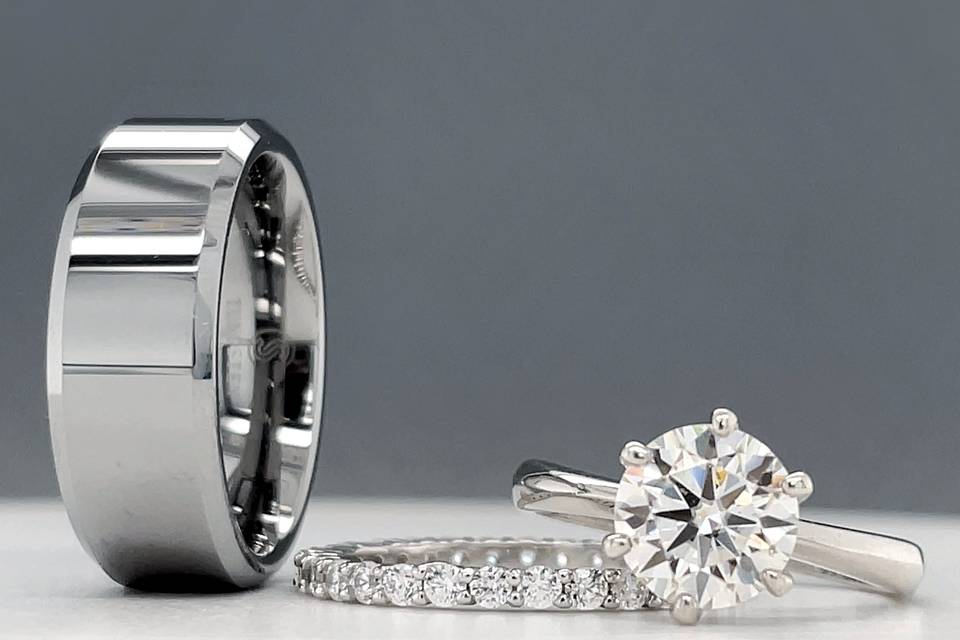Study Finds Link Between Wedding Spending and Divorce Rates
Economists Andrew Francis-Tan and Hugo M. Mialon conducted a study examining the relationship between wedding expenditures and marriage duration, utilizing survey data from over 3,000 Americans. Their findings indicate that higher spending on engagements and weddings is correlated with increased divorce rates.

Background on Marital Stability Research
While various factors such as age at marriage, education level, income, and relationship history have been widely studied for their effects on marital stability, Francis-Tan and Mialon highlighted wedding spending as a previously under-explored predictor.
In their paper’s introduction, they state:
“In this paper, we evaluate the association between wedding spending and marriage duration using data from a survey of over 3,000 ever-married persons in the United States. Controlling for a number of demographic and relationship characteristics, we find evidence that marriage duration is inversely associated with spending on the engagement ring and wedding ceremony.”

Methodology
To isolate the effect of wedding spending, the researchers accounted for common confounding variables, such as:
- Age at marriage
- Education level
- Annual income
- Number of wedding guests
- Number of previous marriages
- Whether the couple cohabited before marriage
They employed survival analysis and regression modeling, utilizing data from a comprehensive survey conducted by a private market research firm. The sample was limited to 3,151 respondents who had been married at least once.

Key Findings
Francis-Tan and Mialon’s analysis revealed significant associations between wedding spending and marriage duration:
- Engagement Ring: Each $1,000 increase in spending on the engagement ring was linked to a 1.3 times higher hazard of divorce.
- Wedding Ceremony: Similarly, each $1,000 increase in ceremony costs predicted a 1.1 times higher hazard of divorce.
- Other Wedding Expenses: No significant associations were found between divorce risk and spending on elements such as the wedding dress, invitations, flowers, and music.
For context, the average reported spending on engagement rings was $4,000, while the average cost of wedding ceremonies was $11,000. Thus, variations in spending could substantially affect divorce odds.
Interpretations and Implications
The researchers caution that while their findings show correlations, they do not establish causation. Several explanations for the observed links include:
- Couples who spend excessively might harbor unrealistic expectations about marriage.
- High expenditures may signal a lack of commitment, as couples focus on public displays rather than relationship quality.
- Overspending could indicate poor financial habits, leading to a problematic start to the marriage.
- Financial strain from lavish weddings may contribute to increased divorce risk.
- Couples with pre-existing relationship issues might use extravagant weddings as false signals of commitment.

The study underscores the need for further exploration into how wedding spending correlates with marital outcomes. The researchers conclude:
“Our findings provide suggestive evidence that an expensive ring and wedding may signal poor marriage outcomes at an aggregate level.”
Limitations
Despite the large dataset, the study has limitations, including:
- Reliance on self-reported data regarding spending and marital history.
- Limited generalizability, as the sample primarily consisted of white, older, and higher-income individuals.
- The analysis does not account for numerous factors that influence divorce rates.
- Ambiguity in directionality—it’s unclear if high spending leads to divorce risk or simply correlates with it.
- Lack of data on wedding budgets, which may be more relevant than actual spending amounts.
Conclusion
The findings by Francis-Tan and Mialon offer intriguing insights into the potential implications of wedding spending on marital stability. While not definitive, their research encourages couples to reflect on their values and priorities concerning wedding expenditures. The paper suggests that discussing wedding budgets may help couples align their expectations and address any underlying relationship issues.
Ultimately, the study serves as a reminder that the success of a marriage involves more than just the financial aspects of the wedding day.











